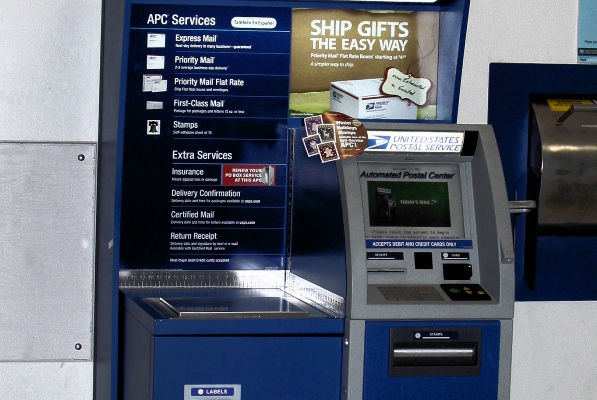The joint guidelines of the World Customs Organization (WCO) and the Universal Postal Union (UPU) on the exchange of electronic advance data (EAD) between posts and customs have been published by the WCO.
The publication follows the adoption of the WCO-UPU guidelines by the Council, the WCO’s highest decision-making body—at the end of June 2019.
The WCO, working with the UPU and other relevant stakeholders, has spearheaded efforts to implement the exchange of EAD between posts and customs for effective risk management and enhanced facilitation of legitimate parcels, driven by the growing cross-border e-commerce.
READ: E-commerce conference explores customs, trade issues
The WCO SAFE Framework of Standards (2018 edition) specifically provides for the submission of EAD on all postal items, and pre-loading of advance data where the latter system is implemented by members based on their security risk assessment as an additional layer of multi-layered approach to aviation security.
As e-commerce merchandise volumes continue to grow, it is important that customs administrations and designated operators (DOs) collaborate on a global scale to improve overall safety and security and risk management, while maintaining efficient service and high quality end-to-end service standards within the postal stream, said the joint guidelines.
“Rapid and ongoing IT developments now enable DOs and customs administrations to connect the physical flows of postal items with corresponding electronic data flows,” it added.
“The intended purpose of these guidelines is to offer ‘clear language’ guidance to help all DOs and customs administrations jointly develop new arrangements or enhance or upgrade existing ones so that they can meet or exceed their emerging processing, fiscal, and safety and security requirements, on time.”
To that end, the guidelines provide information to assist in the development of a business case for DOs and customs administrations to begin exchanging EAD; information on tools, standards and regulations; a step-by-step approach to assist in process and system development; and key considerations for this kind of project as well as lessons learned.
Some countries/unions have also introduced specific legal/regulatory provisions for the obligatory submission of EAD for postal shipments. These include the European Union’s Union Customs Code, which came into force on May 1, 2016, and the United States’ Synthetics Trafficking and Overdose Prevention (STOP) Act that came into effect in October 2018.
In this regard, the WCO-UPU joint guidelines will serve as the key resource, provide relevant information, and offer guidance for postal operators and customs administrations, working collaboratively, to establish the exchange of EAD.
The WCO-UPU guidelines can be accessed on the WCO’s website.
Photo: Nsaum75









